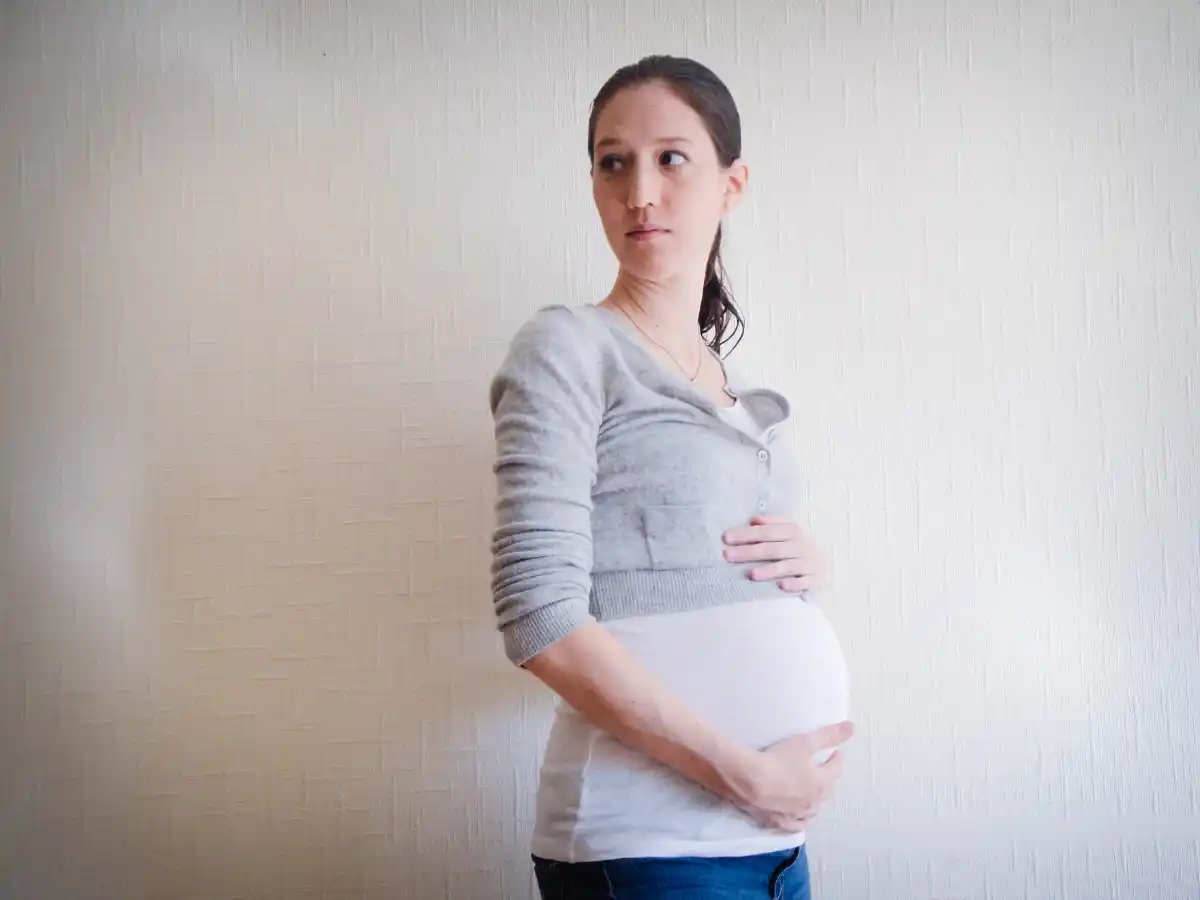Celiac.com 04/01/2024 - Recent research has shed light on a concerning correlation between celiac disease and various reproductive disorders in women, emphasizing the importance of awareness and proactive healthcare measures for individuals living with this autoimmune condition.
According to a study presented at the 2023 annual meeting of the American College of Gastroenterology by lead researcher Rama Nanah, MD, patients with celiac disease face significantly elevated risks for several female reproductive disorders compared to those without the condition. The study, drawing from the comprehensive TriNetX database, revealed that women with celiac disease have a two times higher risk for endometriosis, three times higher risk for polycystic ovary syndrome (PCOS), and six times higher risk for ovarian dysfunction.
Celiac.com Sponsor (A12):
The association between celiac disease and female reproductive disorders has been noted in previous studies, but the latest findings add new dimensions to our understanding. Notably, the study uncovered increased rates of PCOS and endometriosis among women with celiac disease, highlighting the urgent need for further investigation into these connections.
A Range of Reproductive Health Abnormalities Associated with Celiac Disease
The retrospective analysis, which included over 9,000 women with celiac disease and more than 25 million healthy controls, revealed a range of reproductive health abnormalities associated with celiac disease across different age groups. These include menstrual irregularities, delayed menarche, infertility, recurrent pregnancy loss, and pain associated with menstruation.
Despite the compelling data, the exact mechanism underlying the association between celiac disease and reproductive disorders remains unclear. Dr. Nanah emphasized that the study did not establish causality, nor did it provide insights into whether adherence to a gluten-free diet could mitigate reproductive risks.
While the study underscores the importance of considering undiagnosed celiac disease in women with gynecologic disorders, it also highlights the need for prospective studies to validate these findings and explore potential screening and risk reduction strategies. Benjamin Lebwohl, MD, MS, director of clinical research at the Celiac Disease Center at Columbia University, stressed the importance of future research to further elucidate these associations and inform evidence-based healthcare practices.
For individuals living with celiac disease, the study underscores the importance of comprehensive healthcare management that includes regular screenings and discussions about reproductive health. By raising awareness and advancing research in this area, healthcare professionals can better support the unique needs of women with celiac disease, ultimately improving their overall quality of life and well-being.
Read more at Gastroendonews.com










Recommended Comments
There are no comments to display.
Create an account or sign in to comment
You need to be a member in order to leave a comment
Create an account
Sign up for a new account in our community. It's easy!
Register a new accountSign in
Already have an account? Sign in here.
Sign In Now